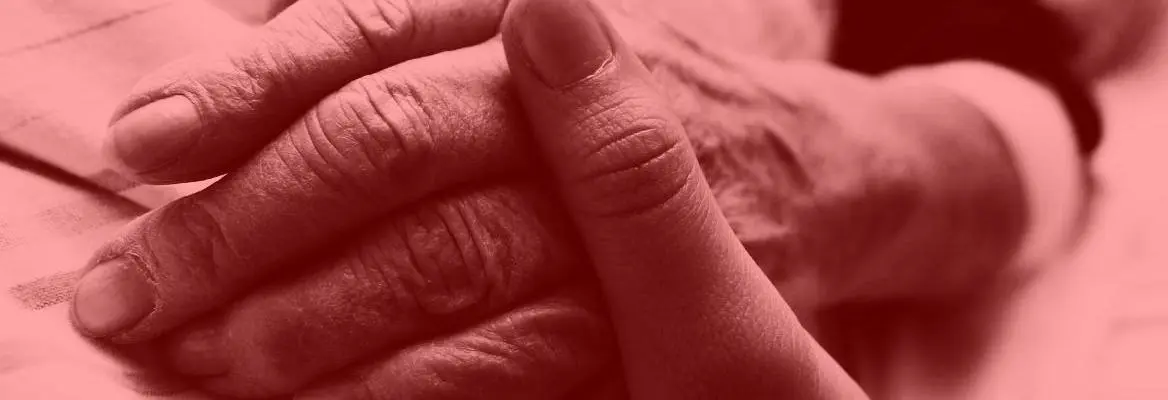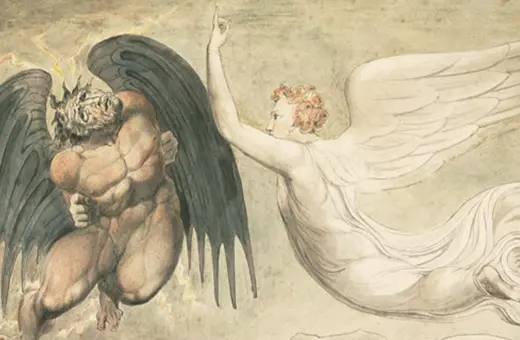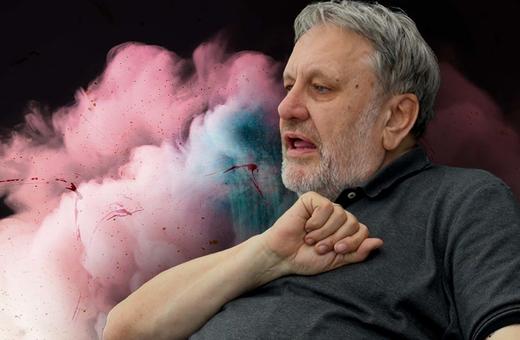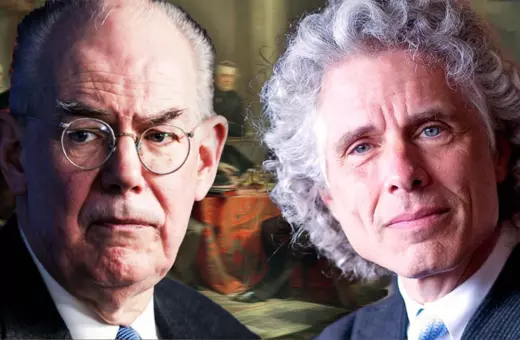Béatrice Han-Pile is a professor of philosophy at the University of Essex and principal investigator on a AHRC-funded project on The Ethics of Powerlessness: the Theological Virtues Today.
Han-Pile studied philosophy, history and literature at the Ecole Normale Supérieure and was awarded a Fellowship from the Thiers Foundation while completing her doctoral thesis on Michel Foucault. Before arriving at Essex, she taught in France at the Universities of Paris IV-Sorbonne, Reims and Amiens, as well as teaching at University of California, Berkeley as a Visiting Scholar twiceover. Her writing primarily focuses on Foucault, Nietzsche, Schopenhauer, Heidegger and aesthetics. She is a regular contributor to the BBC's flagship arts and culture radio programme, In Our Time.
Speaking over Skype, we discussed how the Ethics of Powerlessness project investigates the meaning and appropriateness of the strict division between agents and patients, the nature of medio-passive agency amongst terminally-ill patients and recovering addicts, as well as the possible roles of the theological virtues in contemporary secular thought and public policy.
—David Maclean



















Join the conversation